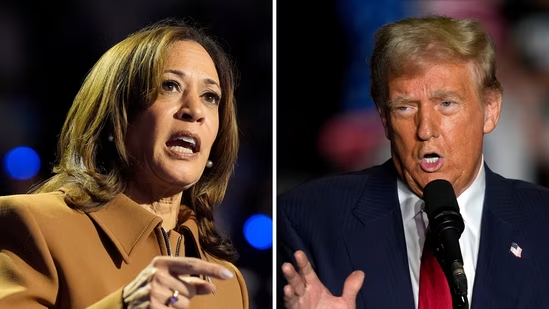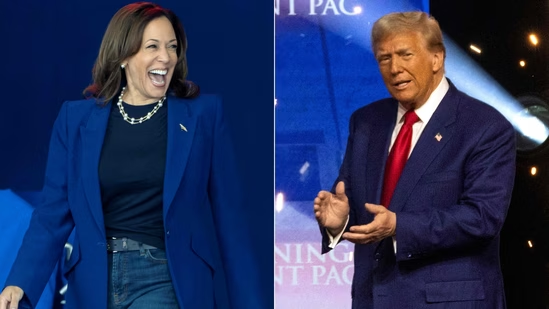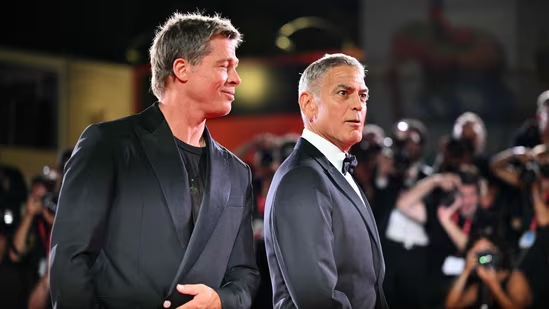Bangladesh expresses protests: President Mohammed Shahabuddin named 84-year-old economist Muhammad Yunus as the head of the temporary administration on Tuesday.

Bangladesh is about to form a new interim administration headed by Nobel Peace Prize winner Muhammad Yunus amid the unrest and demonstrations that have claimed over 400 lives. The nation’s army leader declared on Wednesday that Thursday is set aside for the swearing-in of the new administration.
Student leaders pushed Yunus—who is renowned for his work to reduce poverty in the South Asian nation—to assume the leadership position, and the appointment happened quickly.
“I’m looking forward to going back home and seeing what’s happening there, and how we can organize ourselves to get out of the trouble that we are in,” Yunus said in a statement to reporters in Paris.
President Mohammed Shahabuddin named Yunus, an 84-year-old economist, to lead the transitional administration on Tuesday. This occurs one day after fierce protests against Prime Minister Sheikh Hasina’s government over a divisive employment quota scheme forced her to quit and leave the nation.
What does the Bangladesh Constitution say about ‘interim government’?
There are no provisions for an interim administration in Bangladesh’s present constitution. But there used to be a comparable clause called the “caretaker government.”
The 13th amendment to the Bangladeshi constitution, which created provisions for a caretaker government to fairly hold general elections and transfer power, was reportedly ratified in 1996, according to the Dhaka Tribune.
New amendment added ‘Non-Party Caretaker Government’
The new amendment expanded Part IV of the constitution to include Chapter IIA, “Non-Party Caretaker Government.”
In a caretaker administration, it established the nomination and tenure of a chief adviser and additional advisors through new articles 58A, 58B, 58C, 58D, and 58E.
Three elections were managed by the use of this technology.
On June 30, 2011, however, the Awami League administration amended the constitution to abolish the caretaker government system, after the Supreme Court’s ruling that it was “unconstitutional.”
After declaring that the caretaker government system was unconstitutional, the Appellate Division pointed out that elections may continue to be held under this system for the following two terms without the involvement of the courts.
Just one month and a half later, on June 30, 2011, the Awami League administration eliminated the caretaker government system through a constitutional change, in defiance of this advise.
On September 13, 2012, the complete ruling that officially overthrew the caretaker administration was made public.
As per the present constitution, the ruling government conducts national elections after its tenure, and the winning political party or coalition assumes office.
On the other hand, requests for the formation of an interim administration have increased in response to the sudden fall of the Awami League government without a vote.
There is a legal conundrum because the Constitution is silent on this matter.




